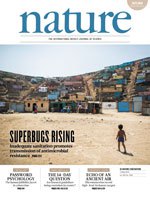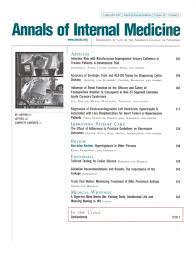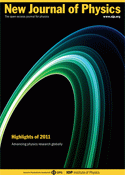 The Guardian is taking down 13 articles and excerpts from others after a freelance writer couldn’t provide evidence for the material.
The Guardian is taking down 13 articles and excerpts from others after a freelance writer couldn’t provide evidence for the material.
The writer, however, has defended his work, saying he simply lost his notes from earlier stories:
The claim that I fabricated stories is wrong.
Yesterday, the UK newspaper released a statement from editor Lee Glendinning entitled “A note to our readers about a reporter who breached our trust.” After sources in a February story said they’d never spoken to Joseph Mayton, a freelancer based in San Francisco, the paper launched an investigation: Continue reading Guardian retracts 13 articles for fabrication; writer defends his work

 After PLOS ONE allowed authors to remove a dataset from a paper on chronic fatigue syndrome, the editors are now “discussing the matter” with the researchers, given the journal’s requirements about data availability.
After PLOS ONE allowed authors to remove a dataset from a paper on chronic fatigue syndrome, the editors are now “discussing the matter” with the researchers, given the journal’s requirements about data availability. If you need evidence of the value of transparency in science, check out a pair of recent corrections in the structural biology literature.
If you need evidence of the value of transparency in science, check out a pair of recent corrections in the structural biology literature. After the reviewer of a rejected paper was publicly outed, the BMJ has taken the unusual step of explaining why it chose not to publish the paper.
After the reviewer of a rejected paper was publicly outed, the BMJ has taken the unusual step of explaining why it chose not to publish the paper.
 A major medical journal has updated its instructions to authors,
A major medical journal has updated its instructions to authors, 

